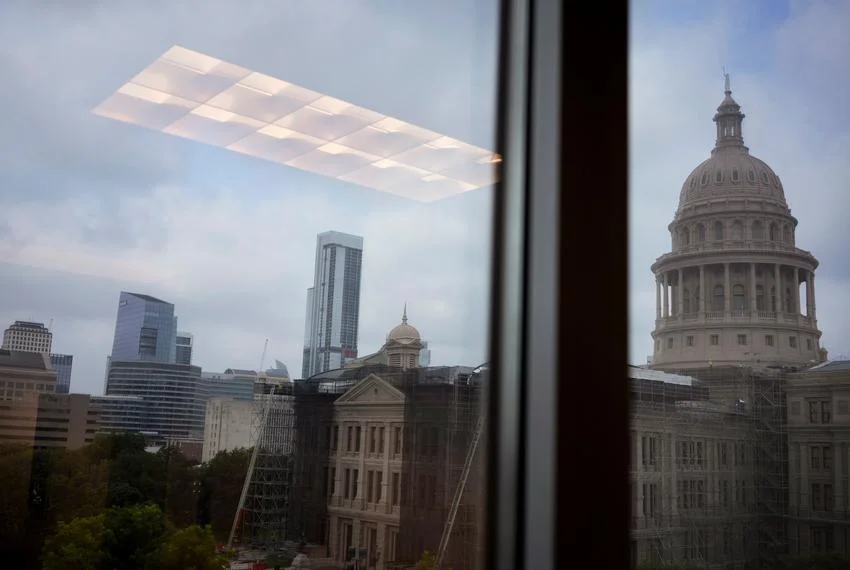
Texas and California End Remote Work for State Employees
Texas Governor Greg Abbott and California Governor Gavin Newsom have both announced the end of remote work policies for state employees, signaling a return to in-office work. In Texas, Governor Abbott's directive, effective immediately, mandates that all state agency employees return to their physical workplaces. This move aims to enhance productivity and collaboration among state workers, as stated by the Governor's office. Similarly, California has followed suit, with Governor Newsom announcing that state workers will gradually transition back to in-office work starting next month.
The decisions have sparked debates on both sides. Proponents argue that in-person work fosters a more cohesive work environment and better service delivery. Critics, however, express concerns over the loss of flexibility and potential negative impacts on employee morale and work-life balance. Both states have faced significant challenges in managing remote work, with varying degrees of success and public feedback influencing the governors' decisions.
These policy shifts reflect broader national trends as more organizations reassess their remote work strategies post-pandemic. As Texas and California, two of the largest states in the U.S., move away from remote work, other states may follow, potentially reshaping the future of work across the country.